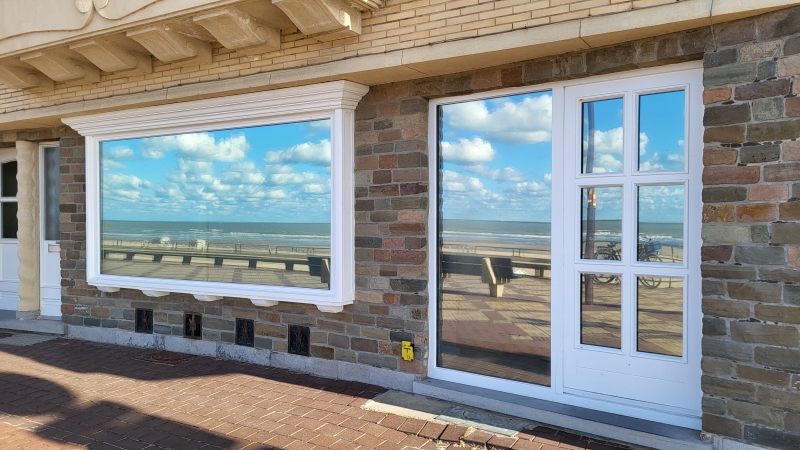One of the challenging tasks in coaching is deciding what questions to ask. That challenge is true for the coachee as much as for the coach but for different reasons.
I was reminded of that challenge while reading a newsletter in which the author suggested shifting away from asking “How can I help?” to asking, “What needs to happen?” instead. The author connected that switch with her reaction to the fires in Los Angeles as well as with her desire to help solve the big problems.
Both questions are relevant. Knowing which one to ask displays an understanding of the situation. Choosing which one to ask shows one’s assumed relationship with the situation.
Asking a coachee how I can help him is always a good start. It gives the coachee the full ability to choose what type of help he wants and how he wants to receive it.
However, staying with that question might be very limiting for a coachee, as his existing experience of help received may restrict his ability to imagine the help accessible to him.
This is where a coach asking himself “what needs to happen” may choose an answer from a different experience than the one immediately available to the coachee.
However, transforming this into a choice might be very limiting for the coaching process if it becomes imposed on the coachee. That is, he is not asked or lacks the experience to imagine what he is being suggested.
Our ability to help should not be confused with our desire to lead.
Our desire to help should not be confused with our ability to lead.
The hard part is to learn how the ability to help and the ability to lead go hand in hand.
In coaching this includes letting leadership move freely between coach and coachee to determine what can happen. It has to be paired with the coach’s and coachee’s respective willingness to receive help throughout the process.
Such a luxury situation might not be accessible while managing a crisis. Time then is most often limited and the one asking himself what needs to happen also deals with the limited information available.
The rest of the time one hopes to know if one is in a crisis or a coaching situation.



2 Responses
The author you refer to hbrings a helpful perspective indeed.
My father worked with someone who had a poster on the wall behind him that said “If things don’t start improving soon, I shall have to ask you to stop helping me”.
🙂
My reaction is that the “what needs to happen” or “what do you need now” questions are more open-ended than “how can I help”, which can almost sound like the coach is wanting to ‘intervene.
The latter question can prompt less creative thinking as the coach focuses suddenly on what the coach can do ‘for’ them; whereas the former versions push the coachee to think much more broadly.
Love that perspective, Michael.
It’s a nuance to that question I hadn’t thought of. Thank you.
What a great poster! And what an impact it has, and had!